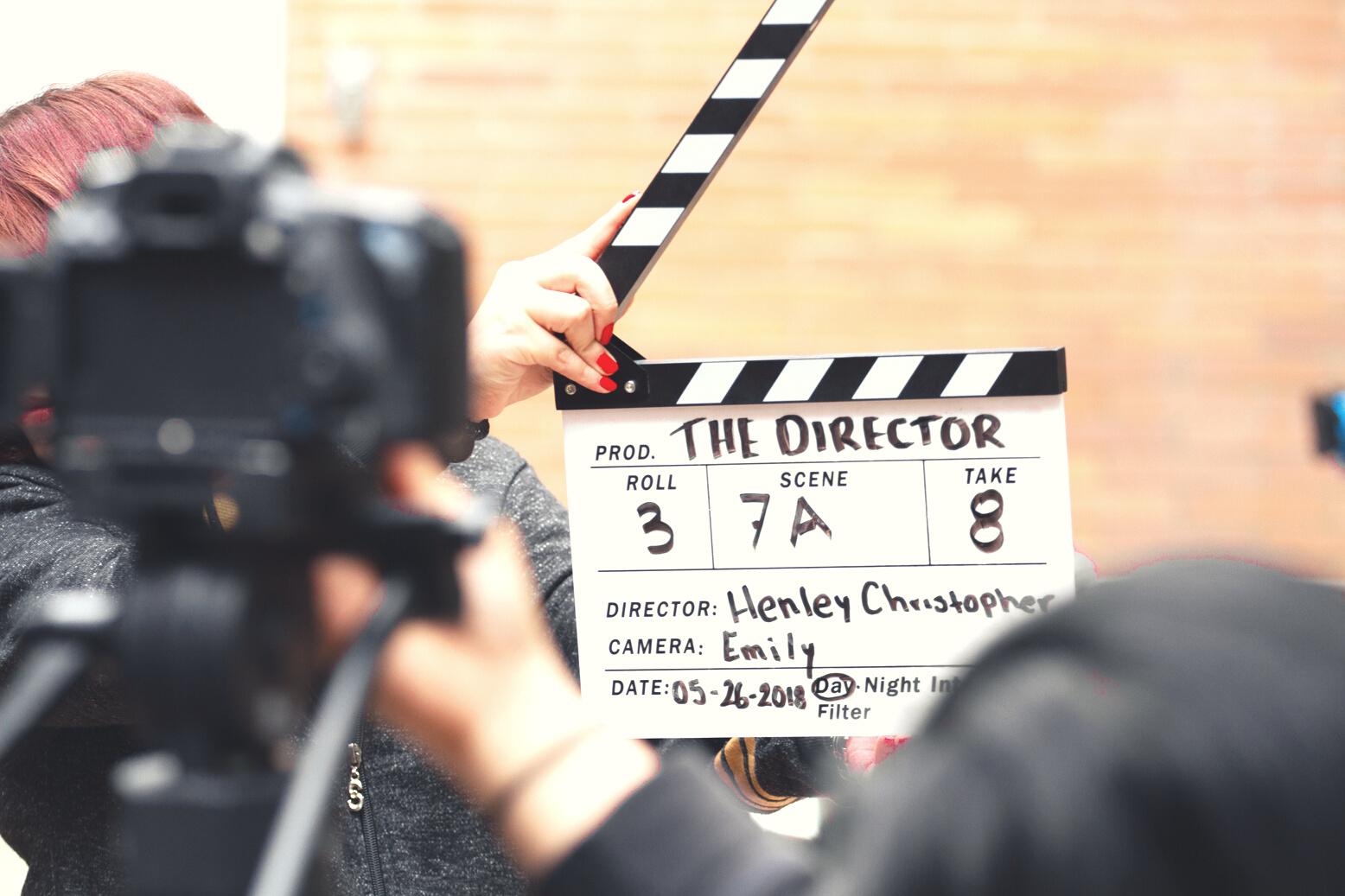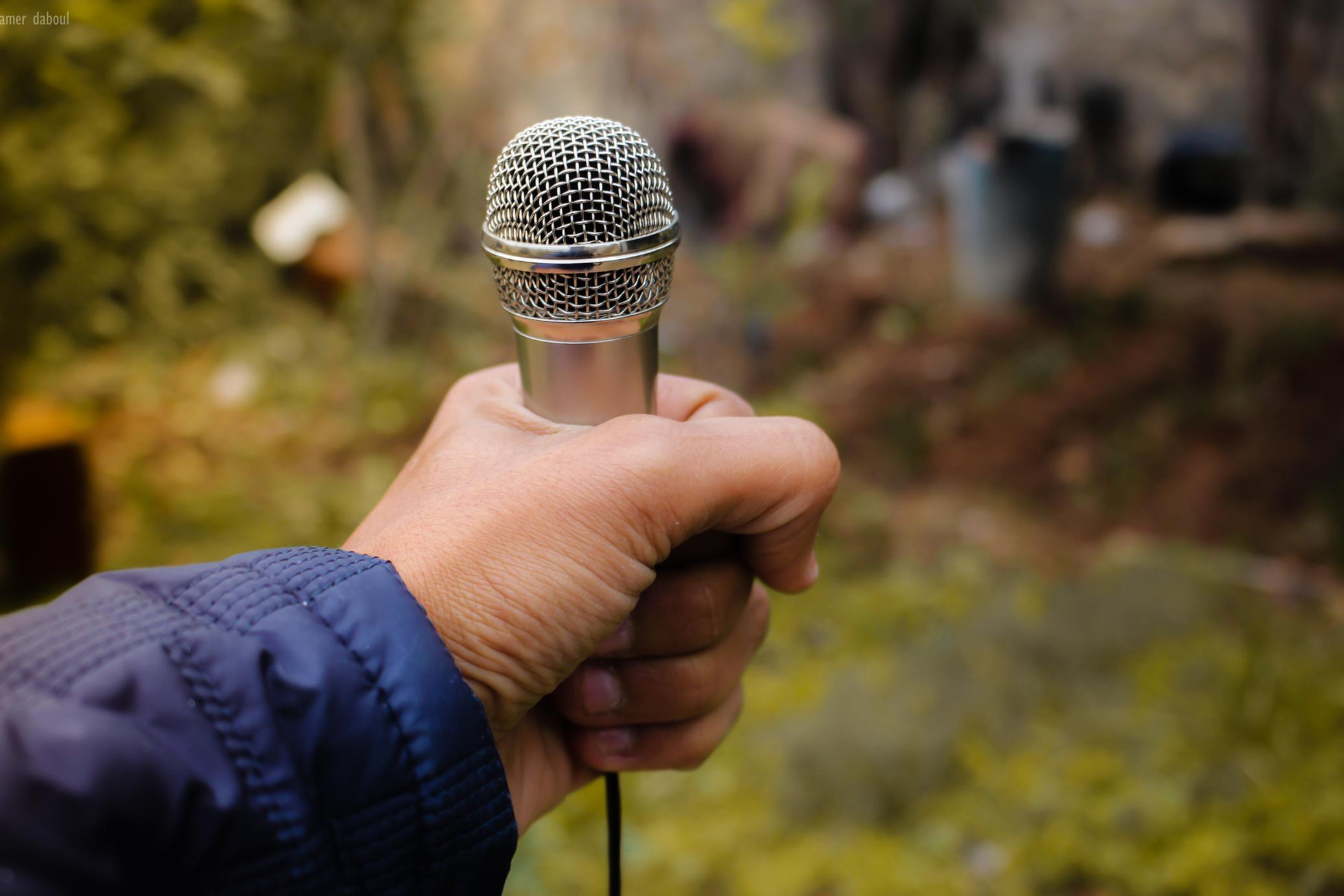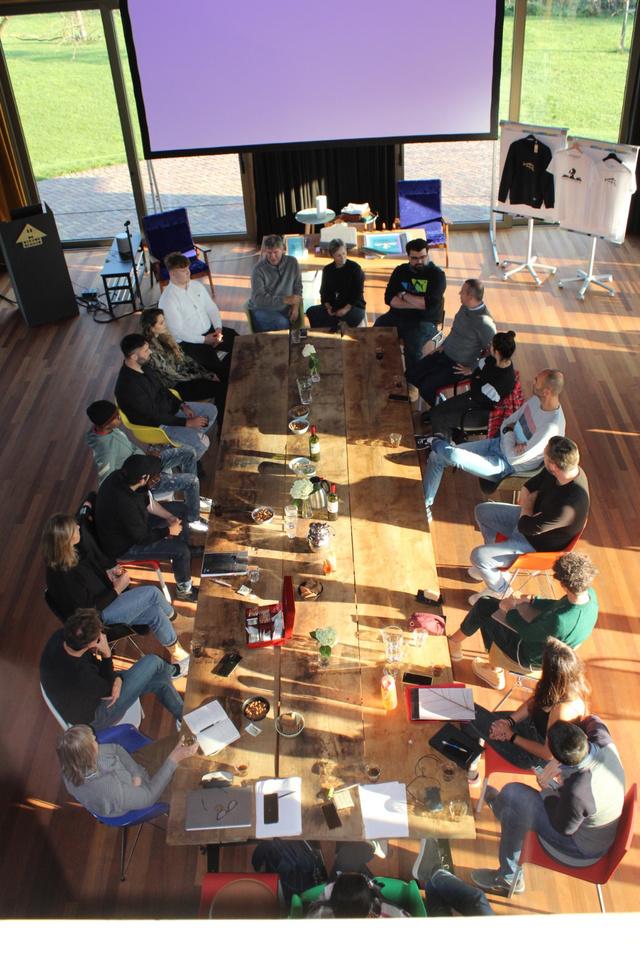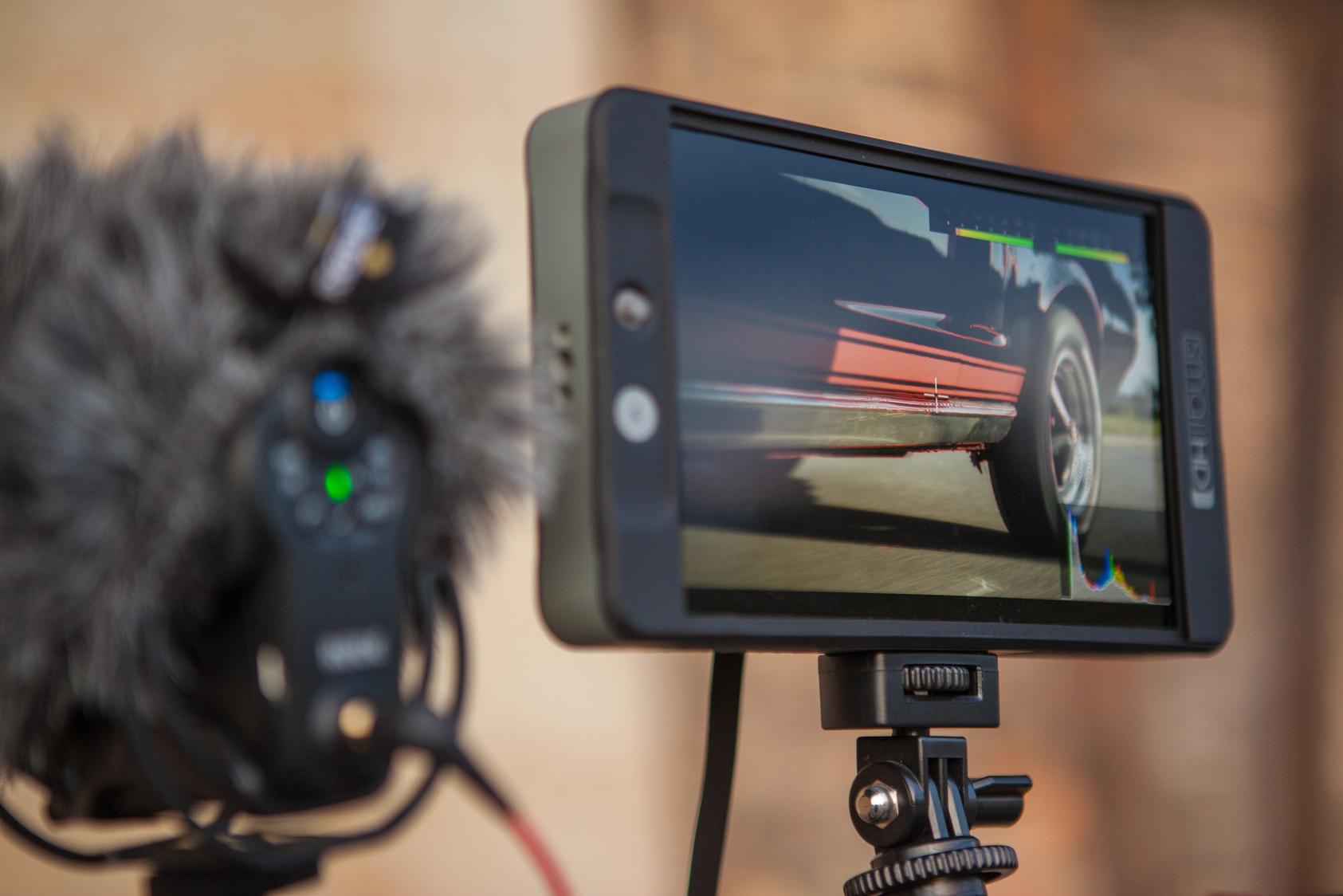MANUAL FOR FIELDWORK Learningwithdocumentaries

INTRODUCTION AND PREPARATION
AnimportantelementofMagicoftheFrameisto makeanon-sitevisitwiththeparticipating students Thiscouldbetoplaceslikeahomeless shelter,arefugeecamp,arefugeecentrewhateverisrelevantandsafely"available", relatedto thetopicofthedocumentaryselectedinthe givencountry Thetutorialexplainshowarelevantorganisation canbefoundandcontacted,Itdescribessteps totakewhenorganisingthevisit,whatshouldand whatshouldnotbedone,howthestudentscan preparethemselvesbeforehand,howon-site reactionscanbehandledetc
Itisdifficulttogivesetrulesformakingcontacts withexternalorganisations,everysituationis different,butwecangiveyousometipsand tricks
Inthisguide,youwillfindpracticaladviceon whatisinvolvedinmakingcontactsandfindinga suitableorganisation Whattolookoutfor,what nottodounderanycircumstances Onethingis certain,goodpreparationiscrucial,sostartby readingthismanualcarefully. '
Tips and tricks
Preparation
Before you start, ask yourself a few questions:
The most important question of course is: what do you most want to achieve with your visit?
What kind of organisation is most interesting for your project
Start with some research exactly what does the target audience look like
Where can you find the target group and where else, don't be satisfied too quickly Often there are several organisations, working with a target group
Consider government organisations, commercial companies, as well as voluntary organisations
Will you talk to the organisation's employees, or their target audience, or both?
If you have answers to these questions, discuss your plans with your teacher.
If several choices are possible, it is important to think about the organisation that you think you will learn you the most interesting things
Since we also want you to do some filming, it is also good to think about where you think you can film the most interesting footage
Remember, don’t forget to ask permission before you start filming.

Think carefully in advance about what information you are looking for Take stock of several organisations before you make the decision to approach one Also use sites such as LinkedIn and Facebook
Be proactive and contact them immediately, do not delay anything
Don't be satisfied too quickly Don't delay seeking contacts with a civil society organisation
It is wise to prepare a few things well. To start with, write a very good introduction of yourself and describe the project you are
working on How do you approach an organisation?
You can, of course, if you haven't really made a choice yet, approach several organisations at once Often the best thing is to mail first and then call the next day.
If an organisation has your clear preference, it is often best to put in a little extra effort, email first and call them right away the next day If you have a name of someone working for the organisation, even better, try to approach him or her personally.
Good preparation is often half the job. Once the first contact has been made, there is time to inform yourself extra about the organisation, but especially about their target audience Try to make an appointment with someone who has an influential position in the organisation.
PREPARING FORA PHONECALL
Inform yourself about the organisation Use their website and social media to learn a little more about the organisation's history and goals.
Write down the name of the person you are having the conversation with Think of questions in advance that you can ask during the interview For example, you can ask what the organisation's goals are
Before the call, think of answers to questions an organisation might ask you during the interview. For example, they might ask: What you hope to achieve, or why exactly you chose their organisation, or what you hope to learn during your visit?
Calling makes you come across as more motivated. Moreover picking up the phone will get you answers to your questions faster.

Howto introduce yourself
Think about how you would describe yourself. Introduce yourself briefly and describe who you are, eg "I am (name) and I am (X) years old I am studying at (briefly tell something about your education)
If you want to talk even more about yourself you could eg continue with: My friends describe me as: (describe some characteristics that also fit the theme of the project)
In a more extensive introduction, you could possibly say a few words about your hobbies Name hobbies that show how passionate you are Try to explain why you are interested in the organisation's target group. During the interview, state what you already know about the organisation you are approaching and why exactly you want to do your fieldwork at this organisation
By carefully studying the organisation's website and referring to it, you can show that you have done your homework. For example, describe some positive short points you noticed on their website, such as their mission or vision, or describe an article you read recently Explain why exactly you approached them
For example, start with: "I recently read an interesting article in the from which I suddenly understood how engaged you are with your target audience
During the first interview, you can mainly emphasise that you hope to gain more insight into the organisation and their target audience, but try to keep in mind what you want to achieve You want to talk to a number of people on film and make your own mini

What do you hope to achieve?
Good preparation is half the battle. Your choice of clothing depends on the organisation you are going to talk to If you have contact with a law firm, it is better to dress up With a creative start-up, you can be more colourful If you are talking to social workers, it is best to dress informally

As a general rule, it's better to be slightly overdressed than "underdressed"
Questions you can also ask during the interview to gain further insight
What do you recommend I do in this situation
What could be my next step? Who else could I talk to about this Especially this last point, actually a bit of networking, is very important try to get introduced to someone, this often works better than when you approach someone yourself
Networking is very important anyway: formulate a networking question in advance, eg 'I am looking for someone who (knows people who) can/can give me tips on who else I could approach, or I am looking for someone who knows a lot about this target group.
What will you bring to the
Whatclothes willyouput onduringthe interview
interview?
You don't need to bring much, but do bring a pen and paper so you can take notes if necessary Put some points you want to discuss on paper in advance, so you don't forget anything
Makesureyouareontime
Give a firm handshake!
PREPAREYOURSELF
Think in advance
Make sure you can properly describe the information you are looking for
What do you absolutely want to find out? What do you say when you enter?
If there is a reception at the entrance, what do you say when you enter he building?
Think about what the added value of your project could be for the organisation you are visiting

Don't forget to thank your interlocutor at the end of the conversation
Stay friendly and polite
What do you absolutely want to know?
What do you say when you enter. Think beforehand: How to get there, how long in advance do you have to leave home
DO Don't
Give a firm handshake Make sure you are on time
Read up well beforehand Write down the name of your interlocutor
Don'tbeafraidtoaskquestions
Don't be afraid to ask questions
Do not dress too strikingly, it is better to leave your hoodie with trainers and headphones at home
Address your interlocutor in a formal way until they clearly indicate that you may use a more informal tone
Never be late and leave your phone off during the first meeting
Questionsyou couldask
What is the organisation's main service?
What is most distinctive/striking about this organisation?
What functions/function groups are there within the organisation?
What are the working hours within the company?
What are the key organisations, working in the same field?

Describe the organisation's target audience
How is the relationship between customers/target group and organisation?
Describe the atmosphere within the organisation. How do people interact with each other? How do people interact with the target group
Are colleagues addressed in a formal way?
Are customers addressed in an non formal way?
What is the average time (in years) that employees work within this organisation
Do most people work full-time or part-time?
Describe whether there is collaboration with other organisations and how this is done Are there mostly women or men working there?
Are there multiple locations of this organisation or do all the people work in one location?
What is the average education level of employees?
Is the lunch shared with colleague’s, with the target group?
Using your talents makes you happier But what are your talents? Think about that in advance, ifyouwork togetherina groupdividethe tasks.
Thinkbeforehand
Think beforehand:
What is expected of me?
What am I good at How do we divide the roles in our team
Developing your own vision
Make a rough plan of the opportunities you see for getting started Think about formulating some possible approaches and formulate preconditions for your project Think about how you can stand out from others. Make sure your ambitions are realistic, also consider in advance how much time you can devote to the project
Alignment and agreement is important
If a follow-up visit is planned, confirm the arrangements after an initial meeting so that there can be no ambiguity about it Try to have a permanent contact within the organisation who is aware of your plans
Preparing for the visit
Ask whether others in the organisation are aware of the purpose of the assignment and the time of your arrival They will then be prepared and will react more positively And that, in turn, is important for the course of the visit
- Think in advance how you will introduce yourself to the organisation's target audience.

supervisorsofstudents
Young people are fast and know a lot. But they are still young New situations are exciting. They are independent, but need guidance Pupils are of course explained in advance about the assignment for the project and what is expected of them Through his visit, the pupil are introduced to the work and areas of work of organisation This is usually an unfamiliar world for them. It is important that the pupil feels welcome there Try to make the pupils enthusiastic about an organisation's work by telling them what is done by the employees, why and how, and also try to give them information about the organisation's target group
Introductiontothe
targetgroup
Think in advance how you will introduce yourself to the organisation's target audience
You can also ask one of the staff members to do this. Will you give a short talk, show a video? Will you tell something about yourself or the project you are working on? You can look for common ground during an introduction, maybe you like the same films, the same games, or the same music

Will you bring something, e.g. biscuits, or chocolate to break the ice a bit?
Assessing pupils
As the visit is or will be part of the curriculum, many schools do want to give the student an assessment for their project. Discuss in advance how the pupil will be assessed.
Advising,helping, supportingpupils
When students are busy with their assignment, it is good if the supervisor is approachable. They can just help out or be busy with something else nearby Young people often like to have some working freedom Don't sit on them, but make sure the supervisor is nearby and can advise, direct or help if necessary

Supervising also means: checking if everything is still going well. Especially if several visits are planned, it is important to evaluate in between Show them that their efforts are valuable. When supervising, pay attention to the following points:
The guidance starts with an introductory talk about the assignment
The younger the age, the more guidance is needed.
Typically, the higher the level of education, the more independent young people can often work. The more circumscribed the visit is, the more independent the youngsters can work; In group visits, supervision should be nearby, youngsters may start 'fooling around'
An enthusiastic facilitator and contact person increases the likelihood of a positive experience of the visit by young people.
The tutor must have a feeling for young people; A young tutor is fun for students, but not always feasible or necessary
Once the assignment is concluded, it is wise to evaluate Since several parties were involved in the project, it is important to evaluate with all of them. Remember: evaluations are mainly meant as an impetus for improvement!

Evaluating with students
After the visit, discuss with the young people how it went and whether they liked the visit This does not have to take much time For example, have a coffee or tea together and ask about experiences and tips
Work on answers to the following questions:
What did you think of the working visit? Was the work visit fun, difficult or too easy? What did you experience? How did you feel about the people you met during your visit? Do you have any tips or great ideas for your next visit?
Evaluate with the external organisation Often, a face-to-face meeting delivers more than a completed questionnaire. Ultimately, you want to know a few things about them: The evaluation within the school mainly revolves around the preparation and attitude of students, the conditions set by the school for the working visit and the agreements
Did the visit go well? Were the students enthusiastic? What was it like guiding the students? Do you have any tips for improvements in the assignment or guidance?
Overall,howdid thevisitgo? Howdidthe studentsfeelabout thevisit? Whatdidthevisit learnthem? Arethereareasfor improvementin thedivisionof labour
andfinally...
Thank the students After the visit, it is of course nice if you thank the pupils for their efforts. You can also think about thanking the pupils in a different way Think about giving them a certificate, or taking an official photo of the visit Of course, it can also be very simple, just with a pat on the back!
MAGIC OF THE FRAME is an Erasmus+ project supported by the European Union


